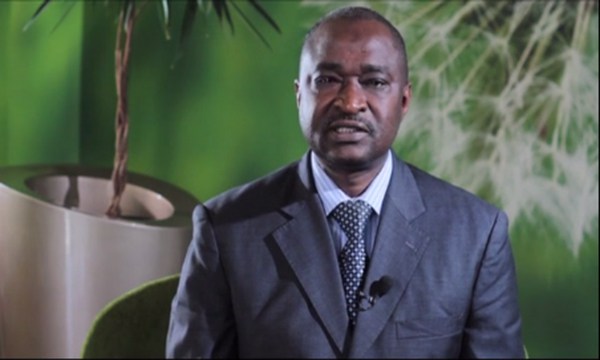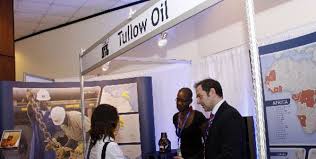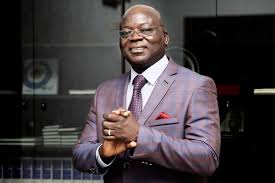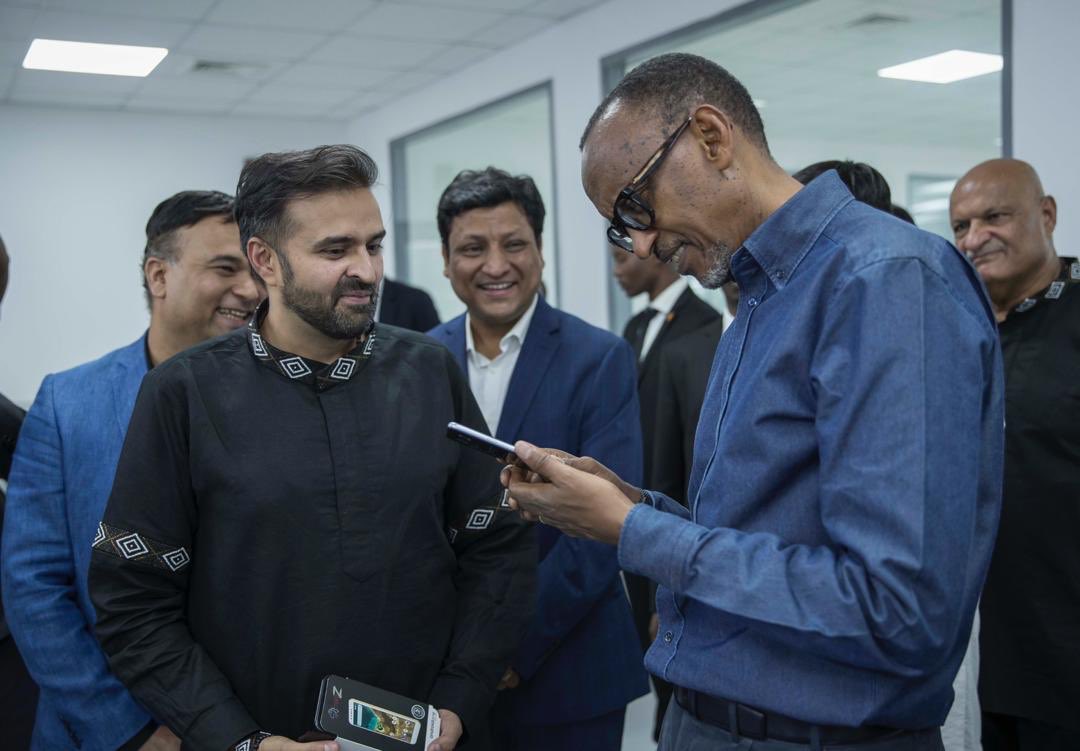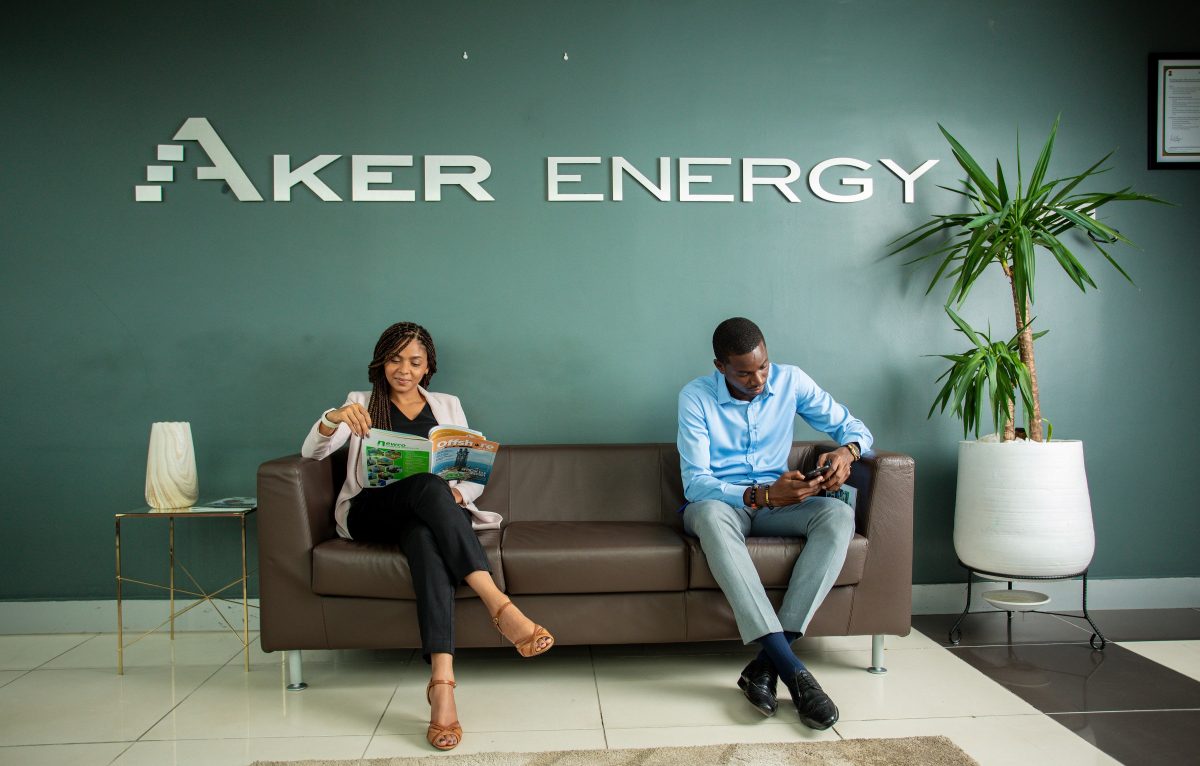Portuguese Speaking African Countries Sign Economic Treaty
As part of efforts aimed at bridging economic and trade gap within the continent, especially for Lusophone countries of Africa, the African Development Bank and the governments of Equatorial Guinea and Portugal have signed a country-specific memorandum of understanding for the implementation of the Lusophone Compact, which aims to accelerate private sector development in Portuguese-speaking countries of Africa, known as PALOPs. Equatorial Guinea is the sixth and final PALOP country to sign the Compact after Angola, Cape Verde, Guinea-Bissau, Mozambique and São Tomé and Príncipe.

The Lusophone Compact is a financing platform that provides risk mitigation, investment products and technical assistance to accelerate private sector development in Lusophone African countries. In Equatorial Guinea and elsewhere, project preparation has been identified as one of the main impediments to making projects bankable. The Portuguese Government allocated 400 million euro in guarantees and other risk sharing mechanisms in the 2019 national budget to support the implementation of the Compact.
Read also : African Youth See Bitcoin as Opportunity to Build Entrepreneurial Ventures
The signing ceremony which took place in Bata last week was between Cesar Mba Abogo, Minister of Finance, Economy and Planning of Equatorial Guinea, Manuel Grainha do Vale, Chief of Mission of Portugal in Equatorial Guinea and Racine Kane, Deputy Director General for the Central Africa region at the African Development Bank. Also present at the ceremony were Equatorial Guinea’s Minister of Foreign Affairs and Cooperation Simeón Oyono Esono Angue, Minister of Trade and Promotion of SMEs, Micha Ondo Bile, Minister of Justice, Salvador Ondo Ncumu, several secretaries of state, and over 50 representatives of the public and private sector.
The Equatorial Guinea MOU identifies a list of potential private sector and PPP investment projects, which will be reviewed by the Bank, Equatorial Guinea and Portugal and prioritized for further support. It also includes an indicative list of technical assistance projects to accelerate private sector and PPP growth.
Read also : Rwanda Takes the Lead, Launches ‘Made in Africa’ Smartphone
Mba Abogo described the occasion as “an important element in our strategy to strengthen and diversify the private sector” and underlined the central role of the private sector and public-private partnerships (PPPs) in the nation’s Horizonte 2035 national development plan.
Speaking on behalf of the Bank, Kane emphasized its commitment to two central pillars of Equatorial Guinea’s development – diversification of its economy and the development of human capital – which he said will be reflected through the Compact. For his part, Grainha do Vale stressed that Portugal seeks to deepen its cooperation with Equatorial Guinea and that the Compact will be an important element in the development of that relationship.
Following the signing, the Bata Chamber of Commerce hosted the Bank delegation which included Ezekiel Odiogo, Head, Private Sector Investment at the Africa Investment Forum, at a roadshow event for the local business community. “The Africa Investment Forum is a unique platform for Equatorial Guinea to showcase its investment opportunities to the global investor community,” Odiogo said.
Read also : SME’s Are Key to Africa’s Economic Prosperity
The presentations were followed by B2B meetings with select project sponsors. A day later, the program was repeated in Malabo, at the Malabo Chamber of Commerce, where more than 50 entrepreneurs participated and over a dozen B2Bs were held.
Kelechi Deca

Kelechi Deca has over two decades of media experience, he has traveled to over 77 countries reporting on multilateral development institutions, international business, trade, travels, culture, and diplomacy. He is also a petrol head with in-depth knowledge of automobiles and the auto industry.

